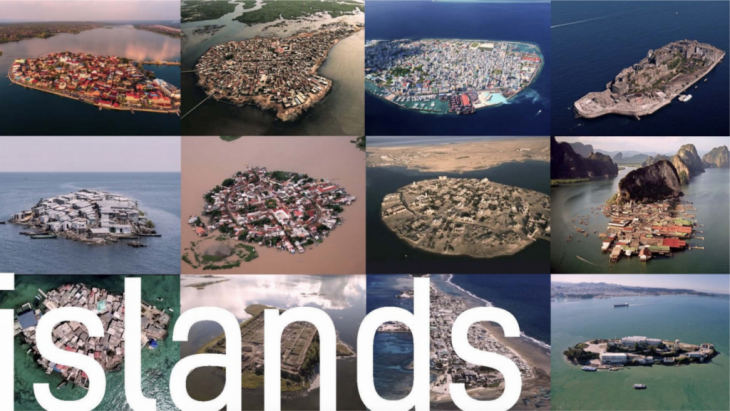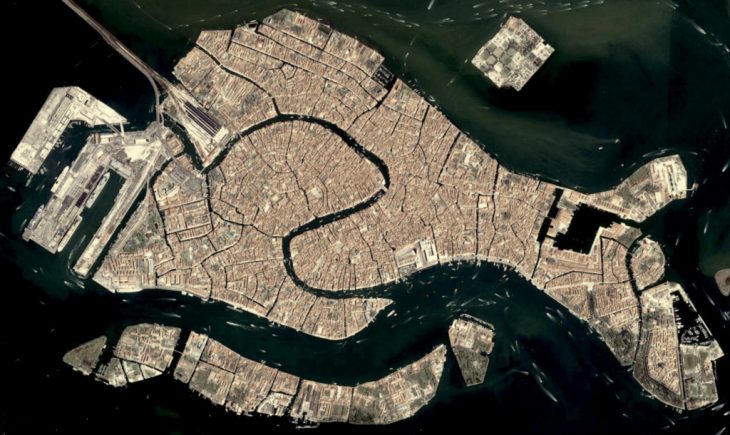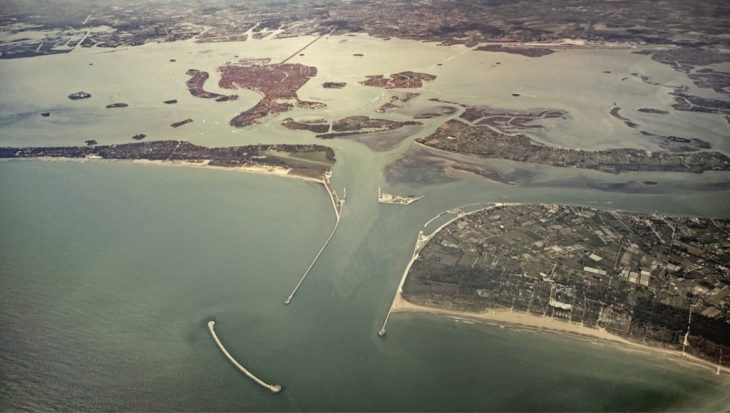X-URBAN DESIGN
Senior Faculty: Willy Müller
Faculty Assistant: David Casanovas Tatxé

During the first decade of the XXI century we have witnessed one of the most singular demographic events of the last centuries: for the first time in history there are more people inhabiting urban environments than the rural ones. As a consequence, on the one side the exponential growth of many metropolitan populations is reaching levels of unprecedented social complexity, and on the other side the geographical environment in which societies are settled is every time more compromised, insecure and threatened. In the Studios of last years, we have been working in cities like New York, Rio de Janeiro or Hong Kong in order to understand how do they manage an unknown type of urban complexity. In this scenarios, the grade and the type of metropolitan problematics is far from the traditional urban topics of the XX century. We are facing limit situations of obsolescence and change of paradigms, where the classical models of success will not be useful enough. These circumstances are placing in the centre of the contemporaneous urban debate a new conceptual space that we are defining as Extreme Urbanism, an anomaly caused by atrophy, deformity, obsolescence or catharsis that we urgently need to study..
This studio works under the hypothesis that the shift of paradigms that this new conceptual space requires is emancipating us from the notion of “generic information” in order to move us towards a field characterised by paying big attention to the very “specific experience”. A specificity that is being developed in an hyper-expanded present, in which past and future have collapsed and blurred our capacity to think beyond the present.
The studio will aim at facing this theoretical frame with a very specific phenomenon: Climate Emergency. Even more specifically: the rise of the water level and its clash with the urbs. We will use analyse Island Cities as relevant case studies, on the one side we will explore how to design Island Cities, and on the other side we will apply this formal research to a real case study: Venice.

The city will give us the opportunity to design not only new urban tactics but architectural projects, paying close attention to emergent design processes associated with Data Collection, System Optimisation with Genetic Algorithms, Permutation of solutions through Parametric Systems and Generative Systems Design Language. A multi-scalar strategy will be proposed along both terms, which will cover the range from the infrastructural scale to architectural scale, with a research-trip that will give the students the opportunity to deeply study and analyse its territory during at least one week. In order to do so, the Studio will also count on several means of support, based on digital instrumental activities and theoretical seminars.
